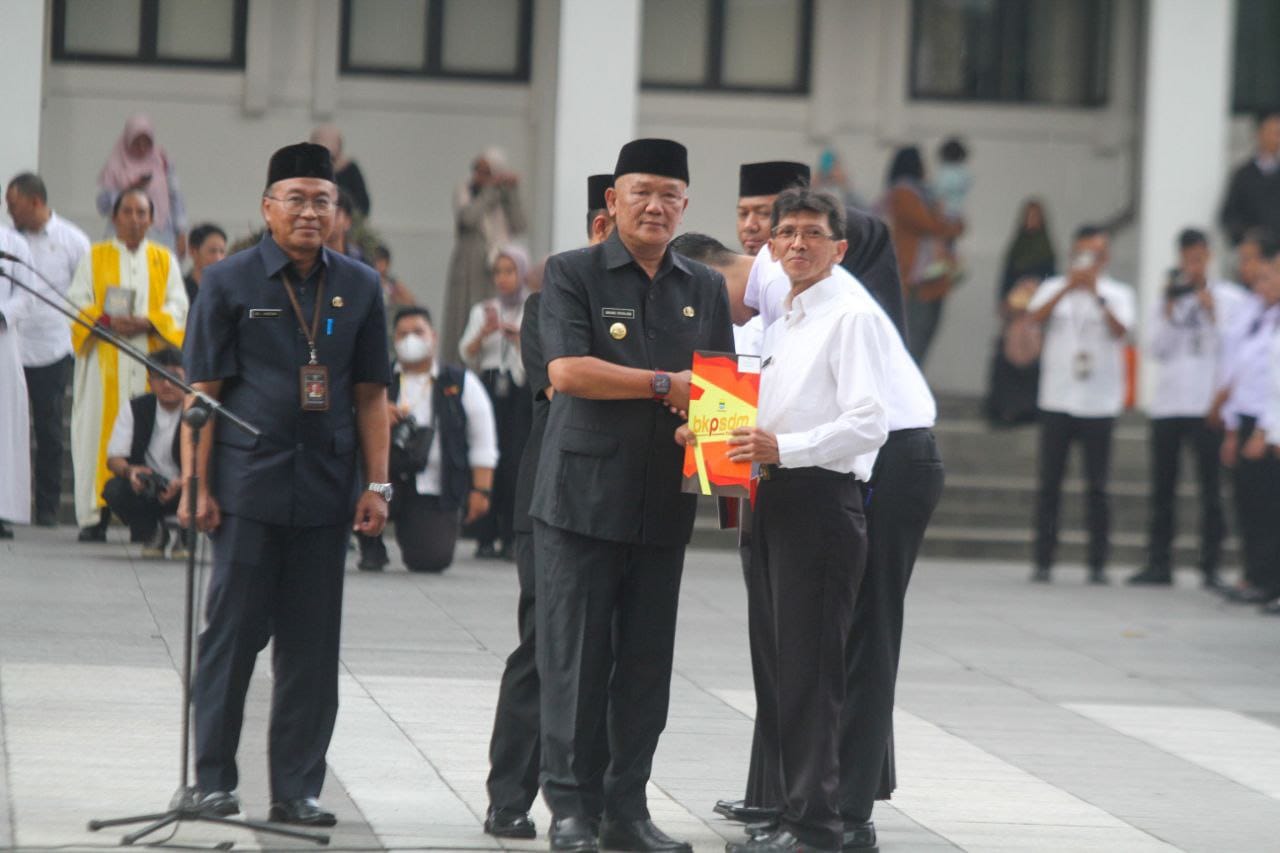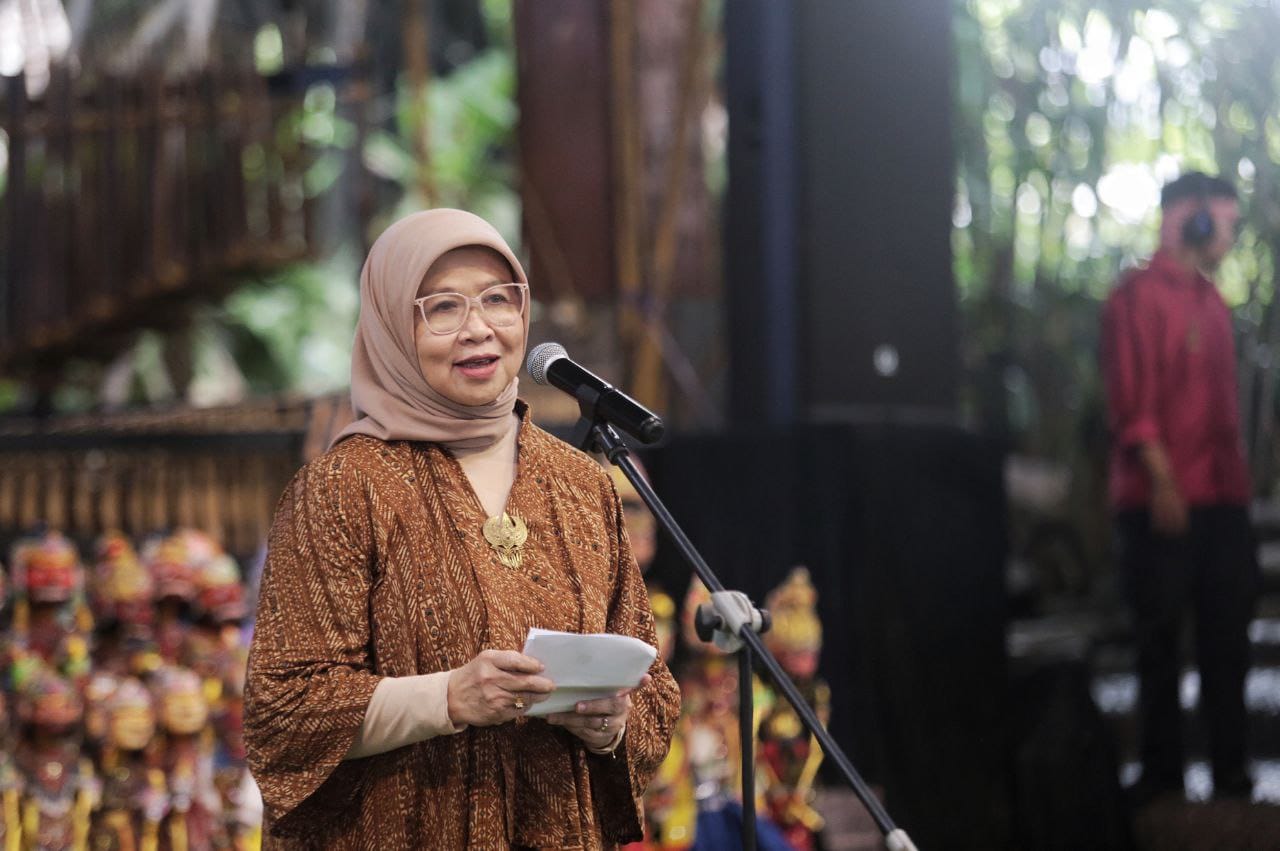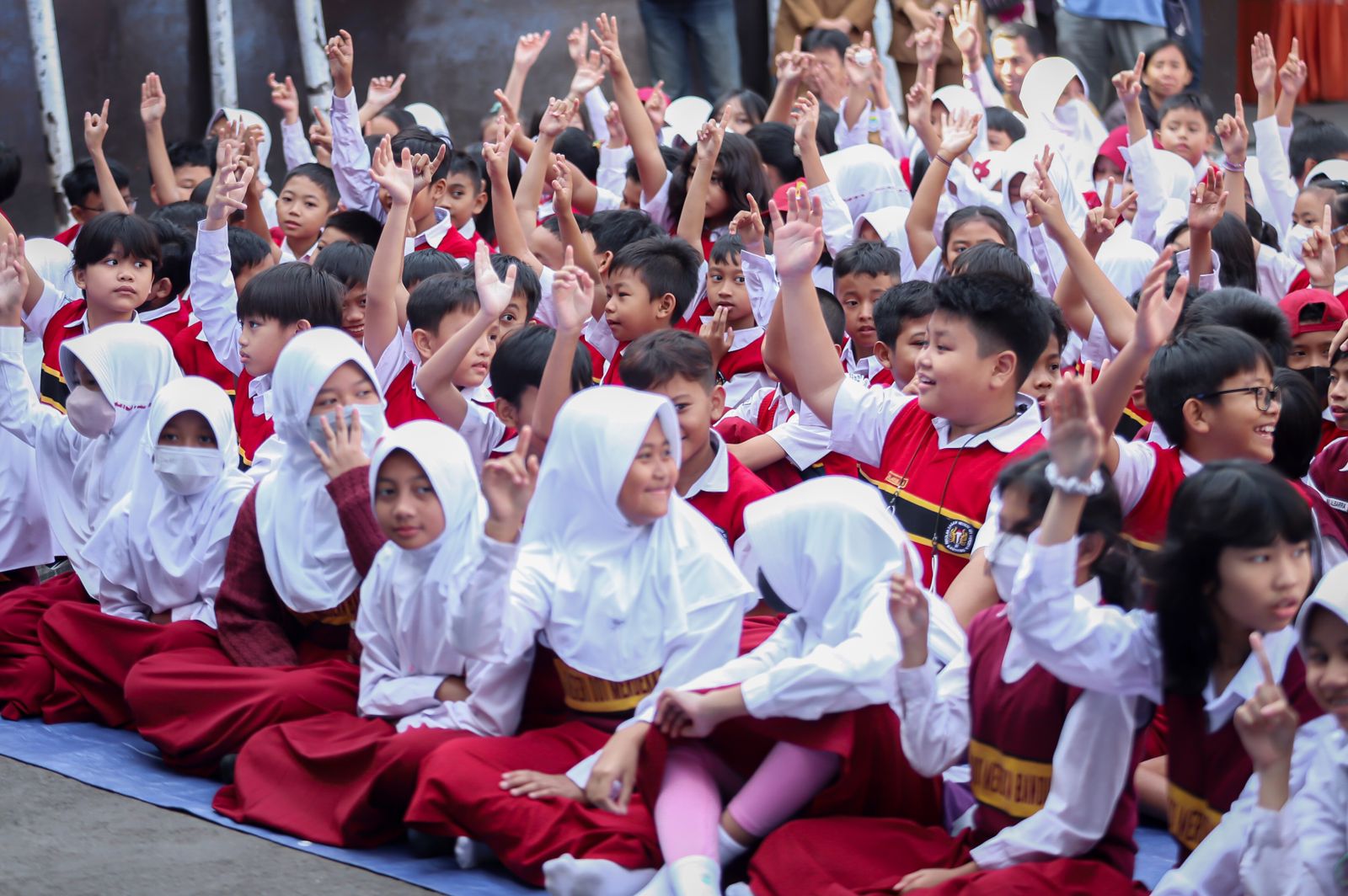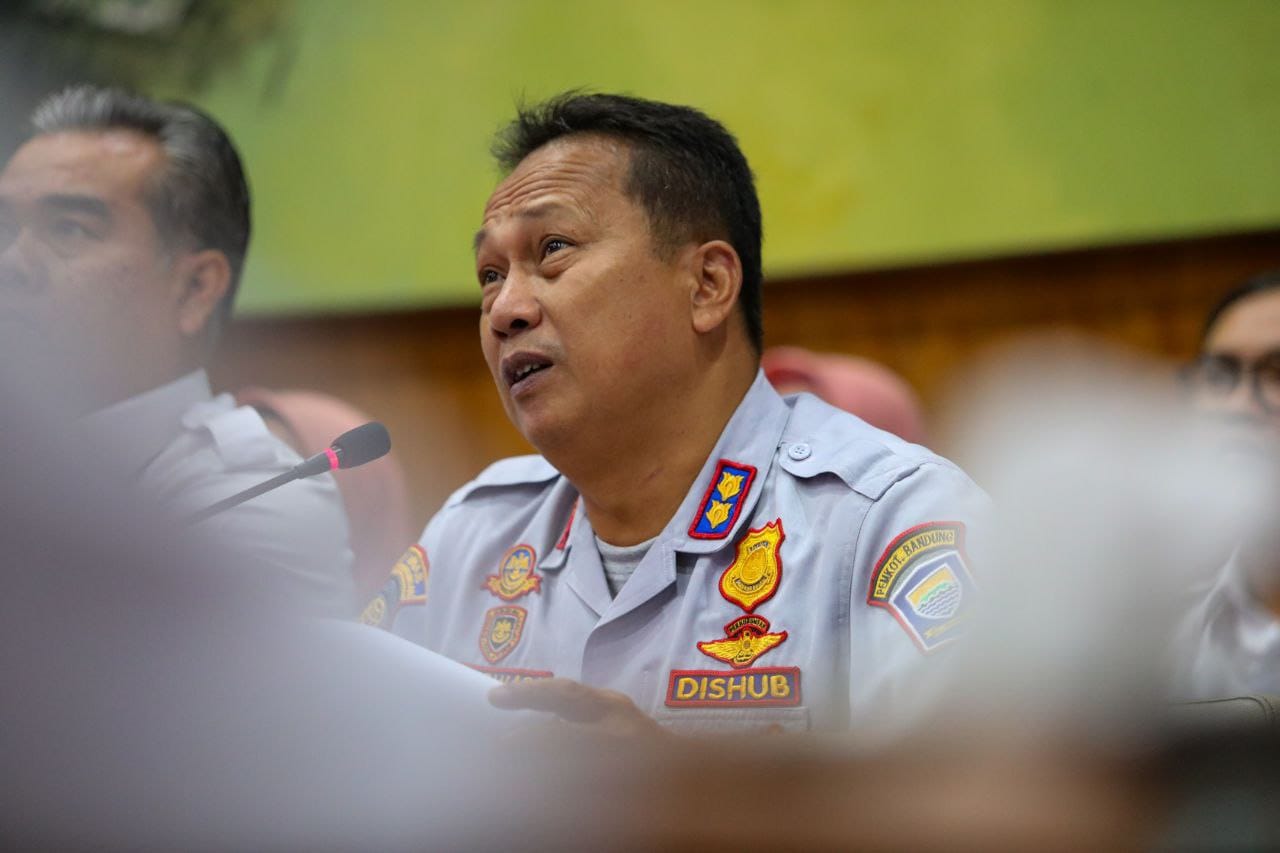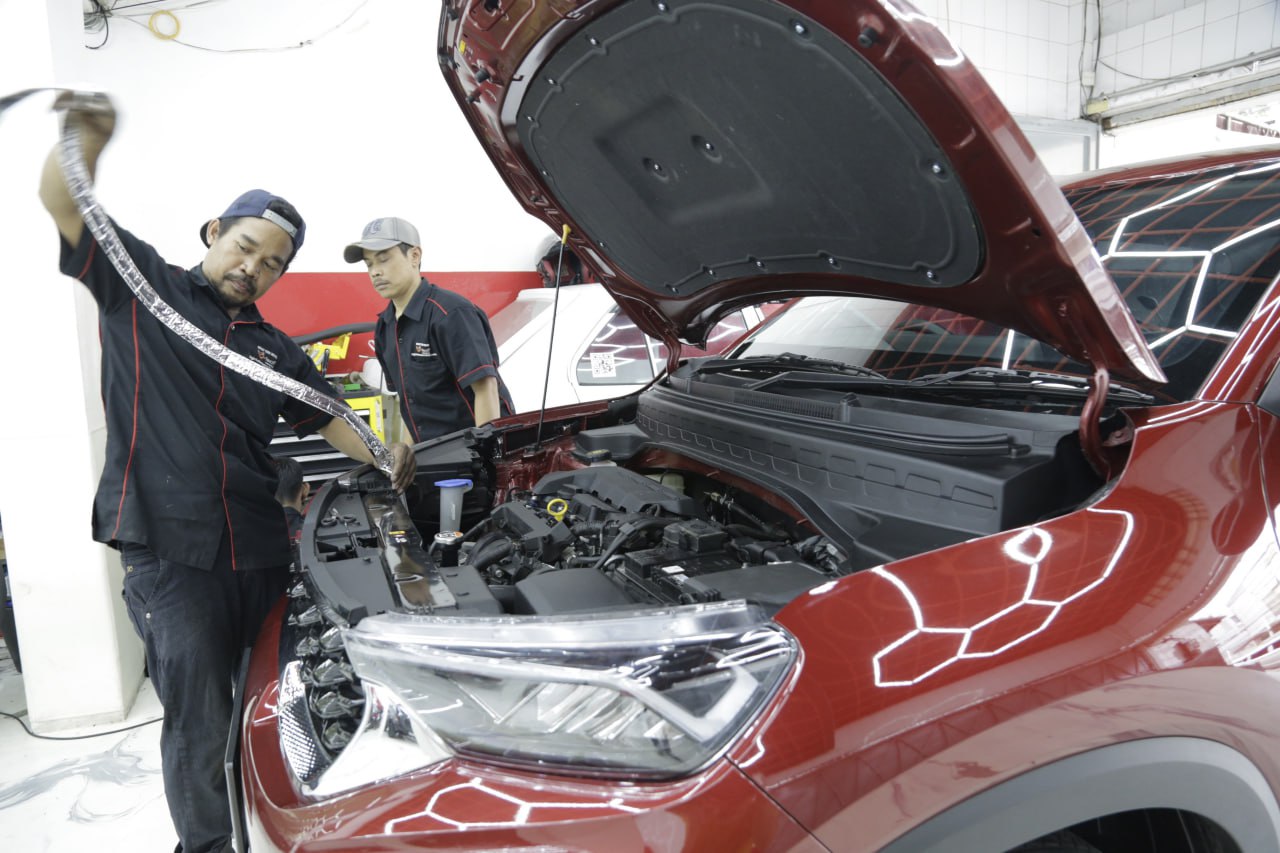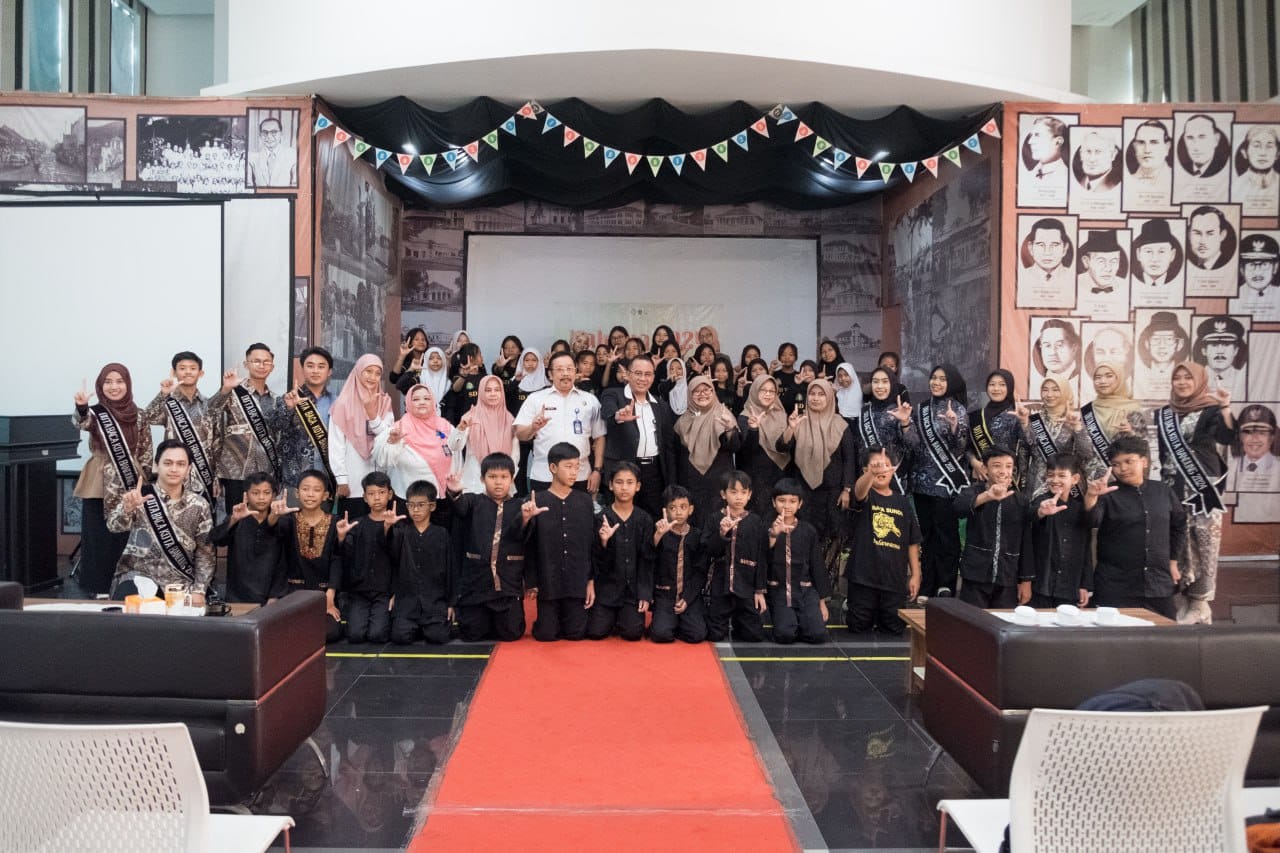From Trash to Profit! Residents of RW 13, Pasirjati Village, Earn Millions of Rupiah in Profits
Nowadays, waste can produce economic value for the people who manage it. Aka from rurujit (disgusted) to money. Now waste produces rupiah.
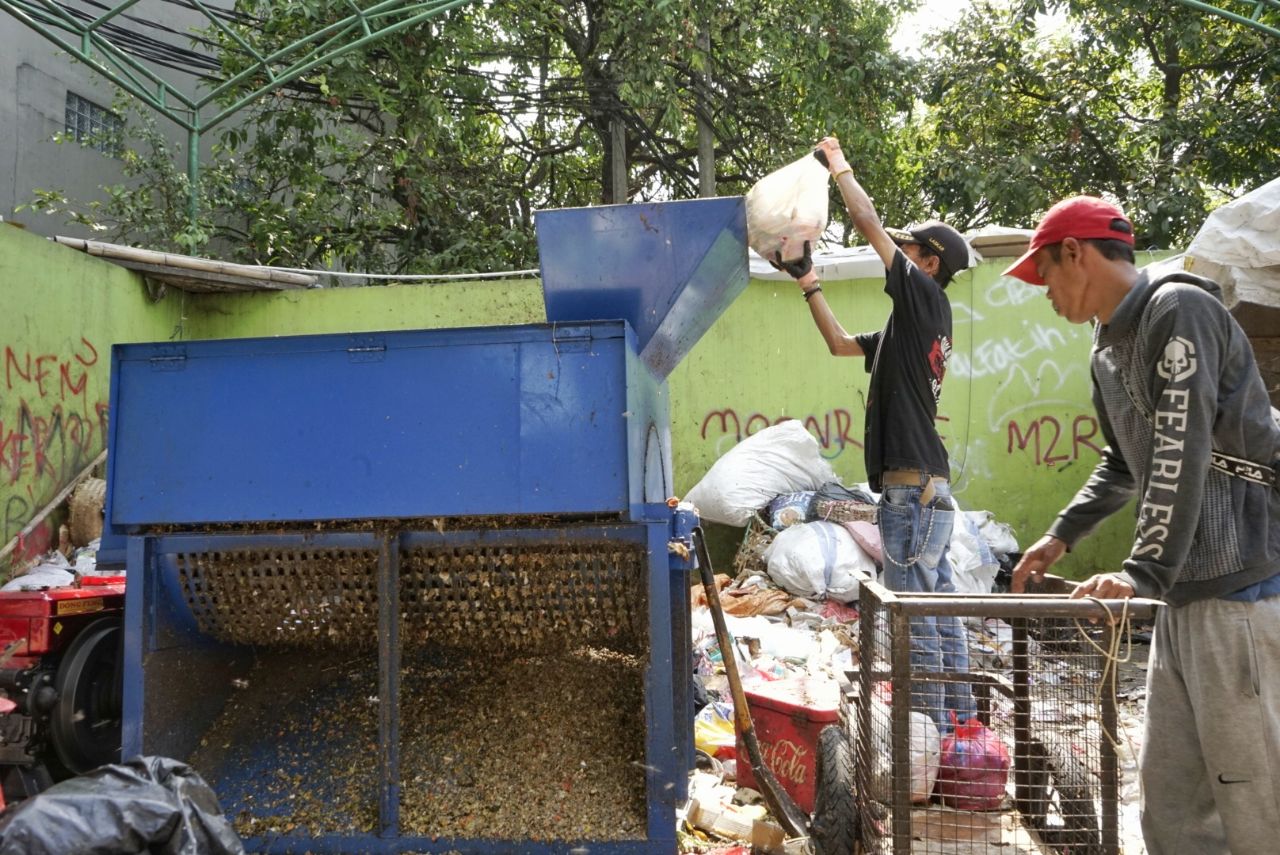
This was proven in Pasirjati Village, Ujungberung District, Bandung City. To be precise, RW 13 has experienced these benefits from sorting inorganic waste. Chairman of the Independent Waste Management Group (KPSM) Erwiber RW 13 Clean and Blessing, Salamun, revealed that inorganic waste has quite a high selling value. Therefore, the group collects inorganic waste from residents. "Non-organic has a selling value. Here, administrators don't need to worry, there is Garbage Almsgiving. We give it to the garbage officers, they collect it in sacks. That can generate IDR 6.5 million a month," said Salamun on the Bandung Public Relations Joint Podcast. Although the profits are not always the same, continued Salamun, the waste can provide additional results for waste officers in the area. He revealed that KPSM had been around for 5 years. His group is able to process 2 tons of organic waste using various methods. "There is the maggot method, to the organic chopping machine. We are trying to optimize this," he said. "We are here and the waste management chain has not been broken. Baby maggots are here. The results are used for livestock, ducks and laying hens," he said. Meanwhile, to overcome the odor caused by organic waste, the region has produced independently, namely Local Micro Organisms (MOL). MOL is an important component in organic waste management, especially for dealing with odors. "To deal with odors, at KPSM we make MOL. The raw material is unused fruit, such as pineapples, oranges and bananas. We produce it per type of fruit. So it can eliminate unpleasant odors," he said. Meanwhile, Pasirjati Village Head, Agus Mulyana, revealed that waste management in the area is increasingly developing. "Trash management is no longer conventional, collect it, transport it, throw it away. But we educate ourselves about sorting waste from inorganic to organic. So that waste is useful and useful. People can live from the waste produced," he explained. He said that one of the pilot areas is RW 13 which has been running since 2018. Residents are able to adapt to waste to produce economic value. "This is the first RW and initiator RW in our sub-district. Its residents are able to manage waste," said Agus. He hopes that this success story can spread to other areas. So that the community can independently manage waste starting from the source. (yan)**
Head of the Bandung City Communication and Information Office
Yayan A. Brilyana




